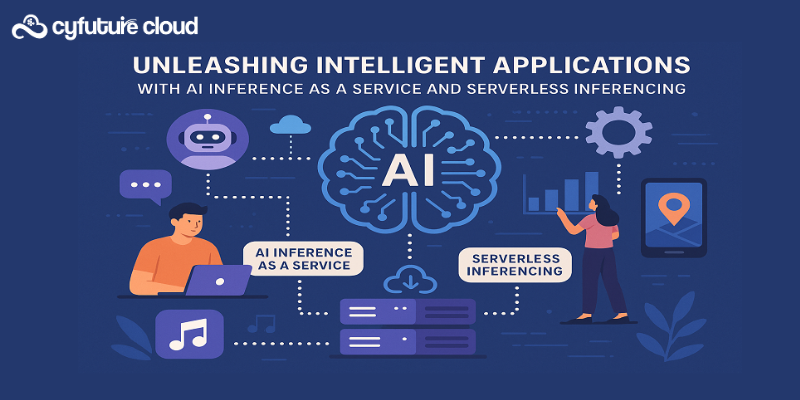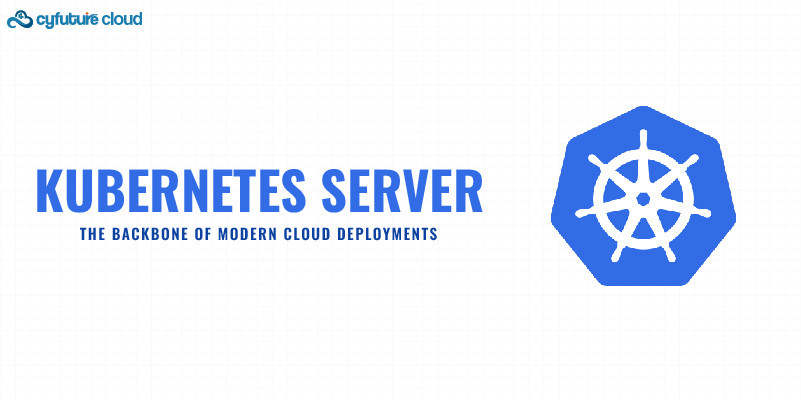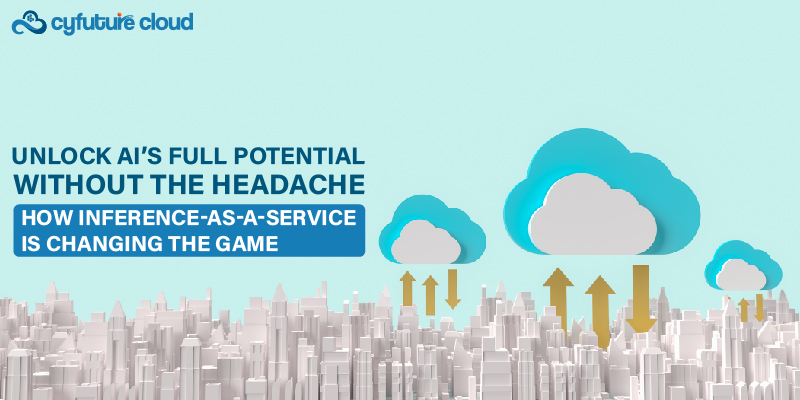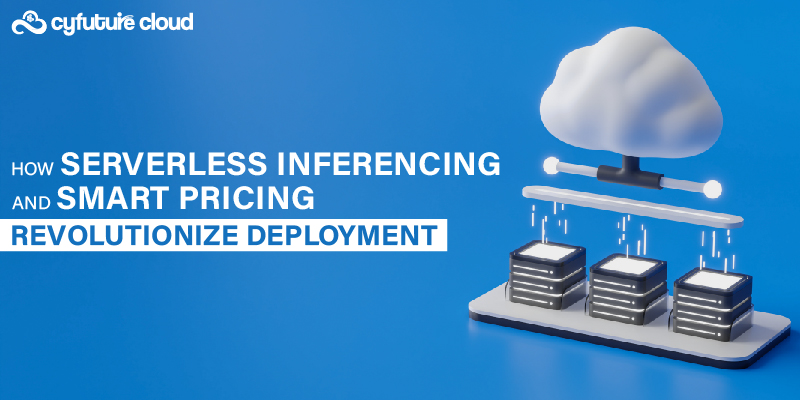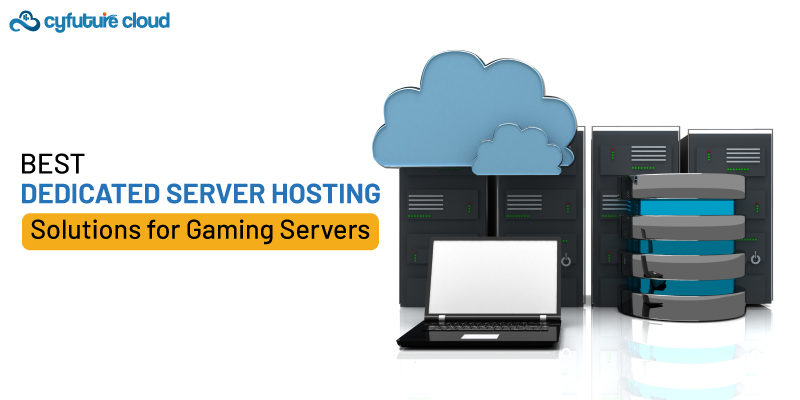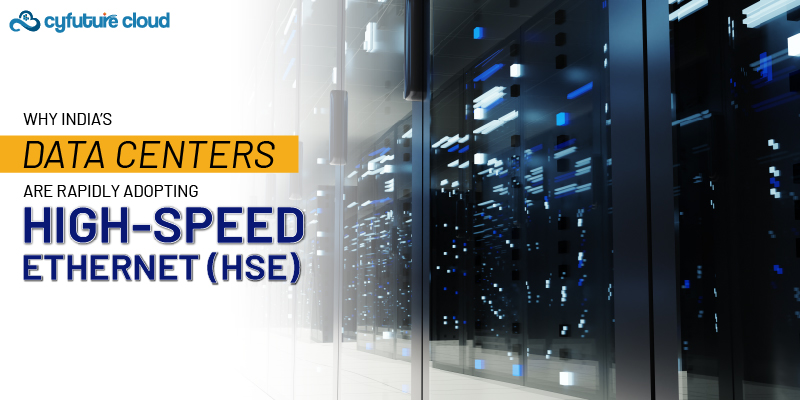Table of Contents
“Cloud” is on course to overtake “all other forms of hosting” as the prevailing strategy among both established incumbents and digital natives as the pace of digitalization quickens. Without wanting to emphasize the obvious, any business that wants to compete in the digital economy requires the speed, scale, and agility that the cloud’s ubiquity delivers.
Business leaders in various areas of the economy are aware that they must improve their digital skills if they are to take advantage of the opportunities in the always-on environment. That awareness nearly often involves cloud computing platforms.
The relationship between cloud computing and digital transformation is widely acknowledged, with the cloud providing the scalability, flexibility, and services needed to support even the most ambitious of changes. Milind Govekar of Gartner has stated that “there is no business strategy without a cloud strategy” because of how closely cloud-native development and deployment are now tied to company success in a connected society.
By 2025, the majority of organizations, or 85%, will be switching to a cloud-first strategy, predicts Gartner. By then, cloud-native systems will be used for more than 95% of new digital workloads.
To put it another way, it is clear that businesses are no longer debating whether to use the cloud for their mission-critical digital development. Instead, we should examine how.
A brief About Cloud
Cloud is a colloquial phrase describing a variety of cloud computing possibilities, including hybrid, multi-cloud, private, and public clouds.
The term “on-demand supply of computing power, database storage, applications, and other IT resources over a cloud services platform through the internet with pay-as-you-go pricing” is used by AWS to describe cloud computing.
Cloud platforms that you can consider choosing
The major benefit of the private version is that companies have exclusive access to resources that are either provided by a data center or a cloud provider. Contrarily, when we talk about cloud computing, we typically refer to the public cloud, which is a shared service.
The average person is aware of what the cloud is because of the exponential growth of cloud-centric brands over the past ten years in linked society, but they are less likely to understand how it actually operates. That is not truly a choice for those who make decisions.
In addition to taking care of all the infrastructure requirements related to supplying digital services, providers like AWS, Azure, Cyfuture and GCP also importantly give their clients virtually unlimited flexibility to scale up and down as required.
Although hybrid and multi-cloud are sometimes used synonymously, they refer to significantly different methodologies. Hybrid, properly speaking, is the combination of traditional data centers and bare metal, or cloud infrastructure. As a result, businesses that are shifting to the cloud gradually prefer to use it.
As the name implies, multi-cloud entails using more than one cloud provider to provision IT. Many would contend that operating as a cloud-first business is also the way of the future.
Should you choose one Cloud Provider?
The high-profile cloud outages of the previous year served to remind IT leaders why security and resilience continually top the agenda when it comes to cloud selection, as many of us in the digital engineering area are more than aware.
In 2021, major brands like Google, Slack, Venmo, Disney Plus, Facebook, Tinder, iRobot, The Washington Post, and Sony’s PlayStation network experienced service interruptions as a result of cloud service provider failures. They all faced significant service outages, which damaged not only the companies’ reputations with customers but also their reliance on the cloud ecosystem.
The outages don’t invalidate the primary justifications for migrating to the cloud, but they do make IT executives reconsider placing all their eggs in the basket of a single cloud provider.
Multi-cloud open doors to several advantages for your business
The availability of various use cases
Although making exact predictions about the future might be challenging, the major cloud trends strongly imply that businesses will be utilizing a greater variety of cloud use cases than ever before, cooperating with numerous partners and technological experts.
Edge computing- the new trend
The growth of edge computing in recent years has been attributed to the expansion of industrial IoT and is being propelled by the manufacturing and retail industries. The distinction between edge and cloud computing has become more hazy as use cases for edge processing have increased. Every cloud provider must have an edge strategy, and some (naturally including the market leader AWS) have a specific set of services designed to streamline data processing.
Planning for a cloud trip is being influenced by the need to make all data processing and transition as smooth as feasible. When you consider the idea of digital maturity as a competitive advantage, this becomes even more crucial.
The Future of Multi-Cloud
Multi-cloud hosting or hybrid systems may also be the sole option for businesses that must adhere to regulatory requirements about where and how they process data.
Whether businesses adopt a multi-cloud hosting strategy on purpose or out of necessity, managing a more complicated cloud environment will always need more time and resources. Numerous customized arrangements have the potential to provide numerous advantages (compliance, security, efficiency, scale, and performance), but they also need time and money to investigate and manage.
When all the components are in place, the thought of managing interoperability, complexity, and security across several clouds may be enough for some businesses to continue with the single vendor model.
This could first seem enticing, but to compete in a digital world, you must quickly and efficiently create new products and services. From a purely business standpoint, that implies that the sensible decision-maker must take into account every alternative. The ability to operate in a digital society will soon be a reality for multi and hybrid cloud models thanks to the ongoing increase of cloud capabilities and service offerings from cloud providers.
Recent Post
Send this to a friend

 Server Colocation
Server Colocation CDN Network
CDN Network Linux Cloud Hosting
Linux Cloud Hosting Kubernetes
Kubernetes Pricing Calculator
Pricing Calculator
 Power
Power
 Utilities
Utilities VMware Private Cloud
VMware Private Cloud VMware on AWS
VMware on AWS VMware on Azure
VMware on Azure Service Level Agreement
Service Level Agreement 

